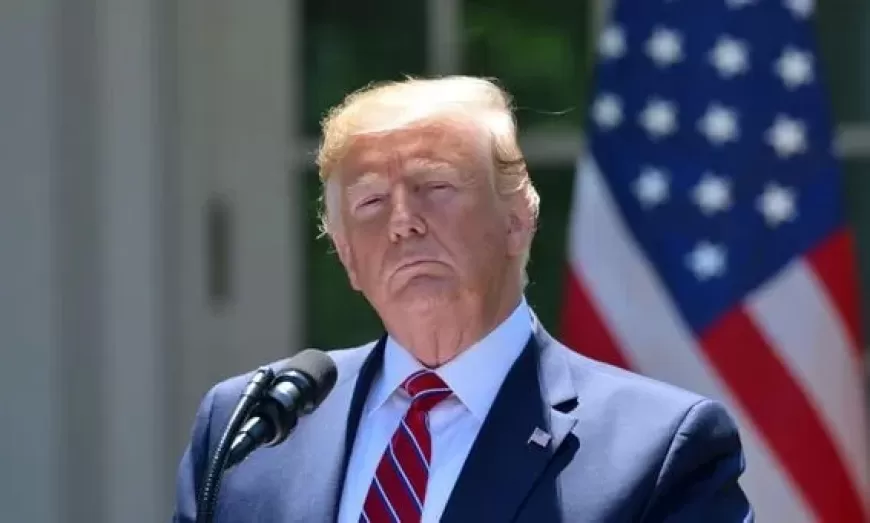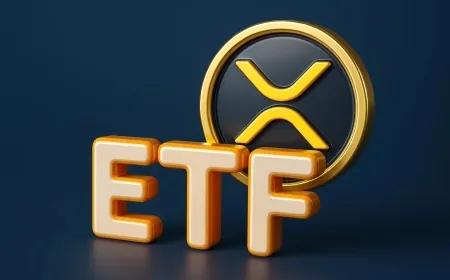Will Trump Presidency Benefit Crypto and Bitcoin? An Analysis by iShook Crypto Desk
Donald Trump's presidency might change Bitcoin and the crypto world. Read helpful insights and analysis from the iShook Crypto Desk

As the 2024 election approaches, the cryptocurrency industry is buzzing with speculation about the potential implications of a Donald Trump win for Bitcoin and the broader digital asset market. Many crypto enthusiasts believe that Trump's return to power could pave the way for a more favorable regulatory environment, especially in contrast to the current policies under President Biden and SEC Chair Gary Gensler.
Skepticism Surrounding Regulatory Changes
However, not everyone is convinced that simply changing the presidency will resolve the ongoing regulatory hurdles facing the crypto sector. Caitlin Long, CEO of Custodia Bank, has expressed doubt about the efficacy of a new administration in promoting crypto-friendly policies. She points out that during Trump’s first term, Treasury Secretary Steve Mnuchin was viewed as a significant adversary to crypto innovation.
Long emphasizes that the real determinant of any regulatory shift will hinge on Trump's cabinet choices, particularly who he selects as Treasury Secretary. This role holds considerable sway over key financial regulations affecting the IRS, the Office of the Comptroller of the Currency (OCC), and the Financial Crimes Enforcement Network (FinCEN). These agencies play vital roles in how cryptocurrencies are regulated, taxed, and treated under the law.
The Wall Street vs. Decentralization Debate
The prospect of Trump appointing Jamie Dimon, CEO of JPMorgan Chase, as Treasury Secretary raises further concerns. Long questions whether Dimon would champion the needs of small crypto startups or instead prioritize the interests of major financial institutions. "He loves the big banks," she notes, highlighting a potential misalignment between the aspirations of the crypto community and the motivations of traditional finance.
This concern underscores a broader ideological divide within the cryptocurrency ecosystem: some advocate for a Wall Street-centric approach to crypto adoption, while others remain firmly committed to the principles of decentralization. Decentralization is a core value in the crypto community, emphasizing that no single entity should control the financial system. This is important because many believe that decentralization leads to greater innovation and freedom in financial transactions.
Diverse Perspectives on Trump's Transition Team
Trump's transition team embodies this schism. On one hand, there’s Howard Lutnick, CEO of Cantor Fitzgerald, whose firm has established a significant presence in the crypto arena by providing custody services for Tether’s extensive treasury assets. Tether is a popular stablecoin that is often used to trade against Bitcoin and other cryptocurrencies. On the other hand, there’s Tulsi Gabbard, a former Congresswoman who is well-regarded for her commitment to free speech and decentralization ideals.
Long views the involvement of both figures as promising, yet she acknowledges the stark contrast in their philosophies regarding crypto regulation. This contrast is important because it reflects a broader struggle within the cryptocurrency community about how to balance the interests of large financial institutions with the need for an open and decentralized financial system.
Importance of Key Appointments
While Trump may deliver pro-crypto rhetoric, Long insists that the true impact of his presidency will depend on the appointments he makes and how they shape regulatory frameworks. Although Trump made headlines at Bitcoin Nashville by proclaiming the U.S. as the "crypto capital of the planet," such proclamations must translate into concrete policy changes to be meaningful.
This means that crypto enthusiasts will be watching closely to see not just what Trump says, but what actions he takes. For instance, if he appoints regulators who are friendly to cryptocurrencies, we could see new policies that promote innovation. Conversely, appointing individuals who favor strict regulations could stifle growth in the industry.
What Lies in Store for Crypto?
As the cryptocurrency industry gears up for the 2024 election, the critical question remains: Will a Trump presidency serve as a launching pad for crypto innovation, or will it reinforce the dominance of traditional financial interests at the expense of smaller, more innovative projects?
According to Long, the answer to this pivotal question ultimately depends on the decision-makers within the Trump administration. "It's not just about Trump; it’s about who he chooses to surround himself with," she states. The right appointments could lead to a more balanced approach that fosters innovation while ensuring consumer protection.
The outcome of the 2024 election could have significant implications for the future of cryptocurrency in the U.S. If Trump manages to align with pro-crypto figures in his administration, we might see a more robust regulatory framework that encourages growth in the digital asset space. However, if traditional finance players dominate the conversation, smaller projects may struggle to thrive.
As voters head to the polls in 2024, the cryptocurrency community will be keeping a close eye on the election outcomes and subsequent policies. The potential for a pro-crypto environment hinges not just on who occupies the Oval Office but also on who shapes the regulatory landscape in the years to come.
































































